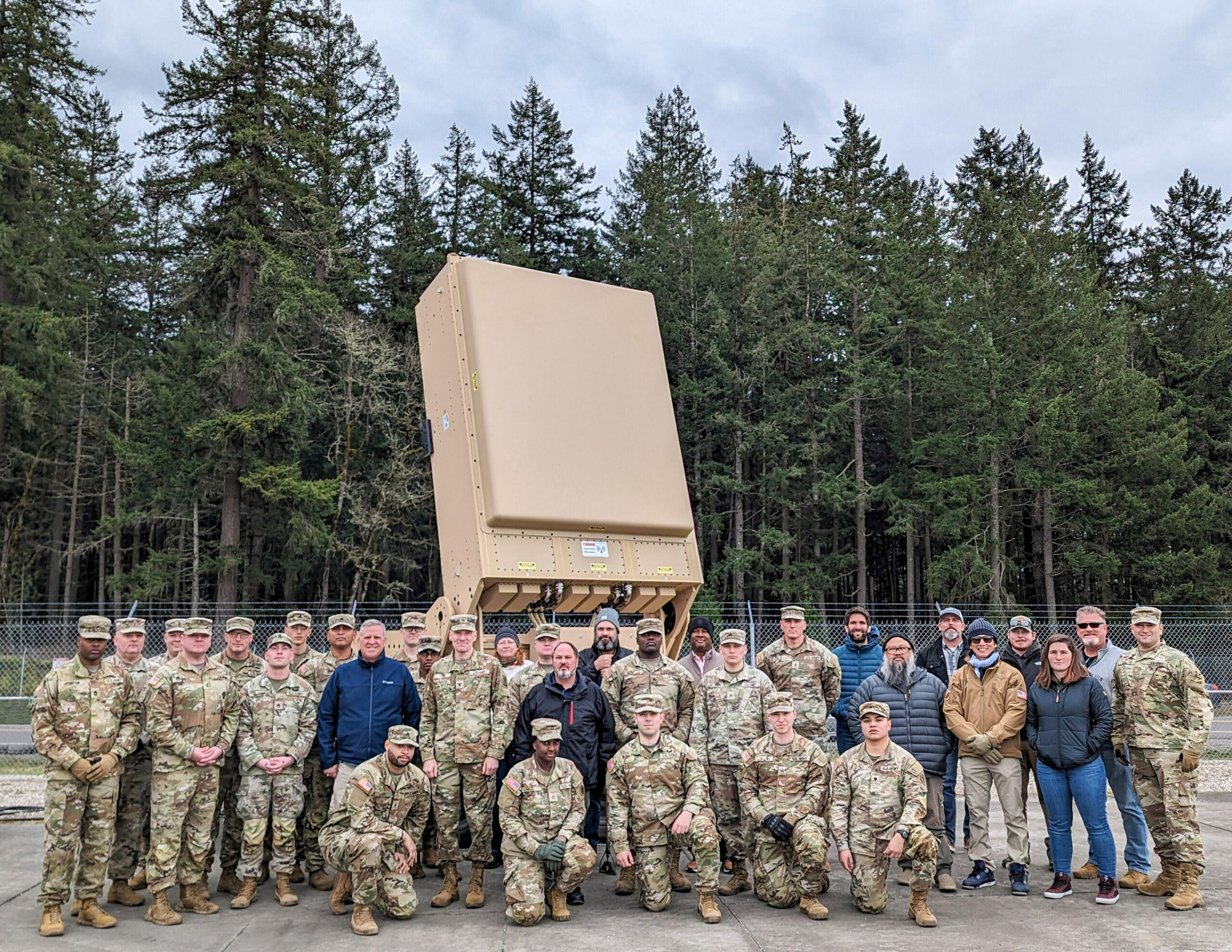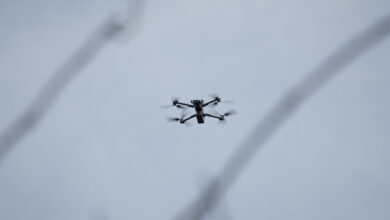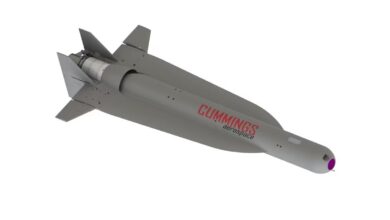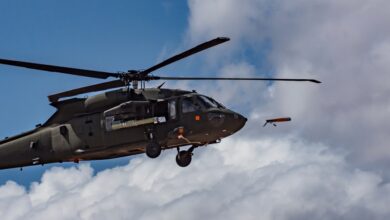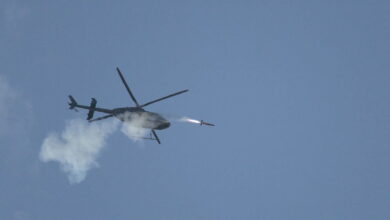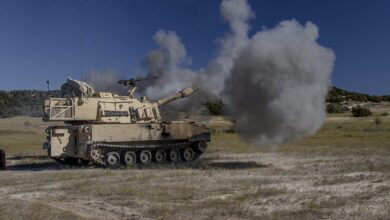Tech startup Epirus has completed the supply of four Indirect Fire Protection Capability – High-Power Microwave (IFPC-HPM) systems to the US Army.
The milestone is part of a $66.1-million contract for a directed energy solution to neutralize drones and drone swarms.
The US Army received the first IFPC-HPM product under this project in November 2023.
Alongside finalizing the delivery, the company also concluded the New Equipment Training and Engineering Developmental Testing (NET-EDT) services with the agency to pursue the issuance of operational capability for the weapons.
Epirus wrote that associated trials for the IFPC-HPMs were facilitated in April to assess the platform’s tactical functions and effectiveness against targets with complex flight patterns.
Future operators also received first-hand experience with the system during the live-fire event as a follow-up to their preparations last March.
The US Army Test and Evaluation Command will use the information gathered throughout these tests to inform future IFPC-HPM efforts, budgets, and deployments.

“Completion of NET and EDT puts the US Army closer to fielding HPM operationally,” Epirus CEO Andy Lowery remarked.
“We were able to demonstrate effects that we haven’t done in this close to a real-world environment, including coordinated fires for additional range and advanced waveforms for greater effectivity,”
“We learned a lot about the importance of each system within the system-of-systems approach that will inform capabilities, limitations and requirements. Most importantly, we’ve demonstrated that our HPM systems are effective for the counter-drone and counter-swarm mission as a final protective fires solution within a layered defense.”
Indirect Fire Protection Capability Program
The US Army’s latest directed energy weapons are part of the Pentagon’s broader IFPC program to employ a fleet of protective suites against unmanned aerial systems, cruise missiles, artillery, rockets, and mortars.
This initiative’s solutions are planned to have a mobile, ground-based design intended to secure warfighters as well as other critical fixed and semi-fixed capabilities.
The US government noted that future IFPC assets would also address gaps between the PATRIOT air and missile defense system, the short-range air defense (SHORAD) platform, and the Terminal High Altitude Area Defense (THAAD) system.

